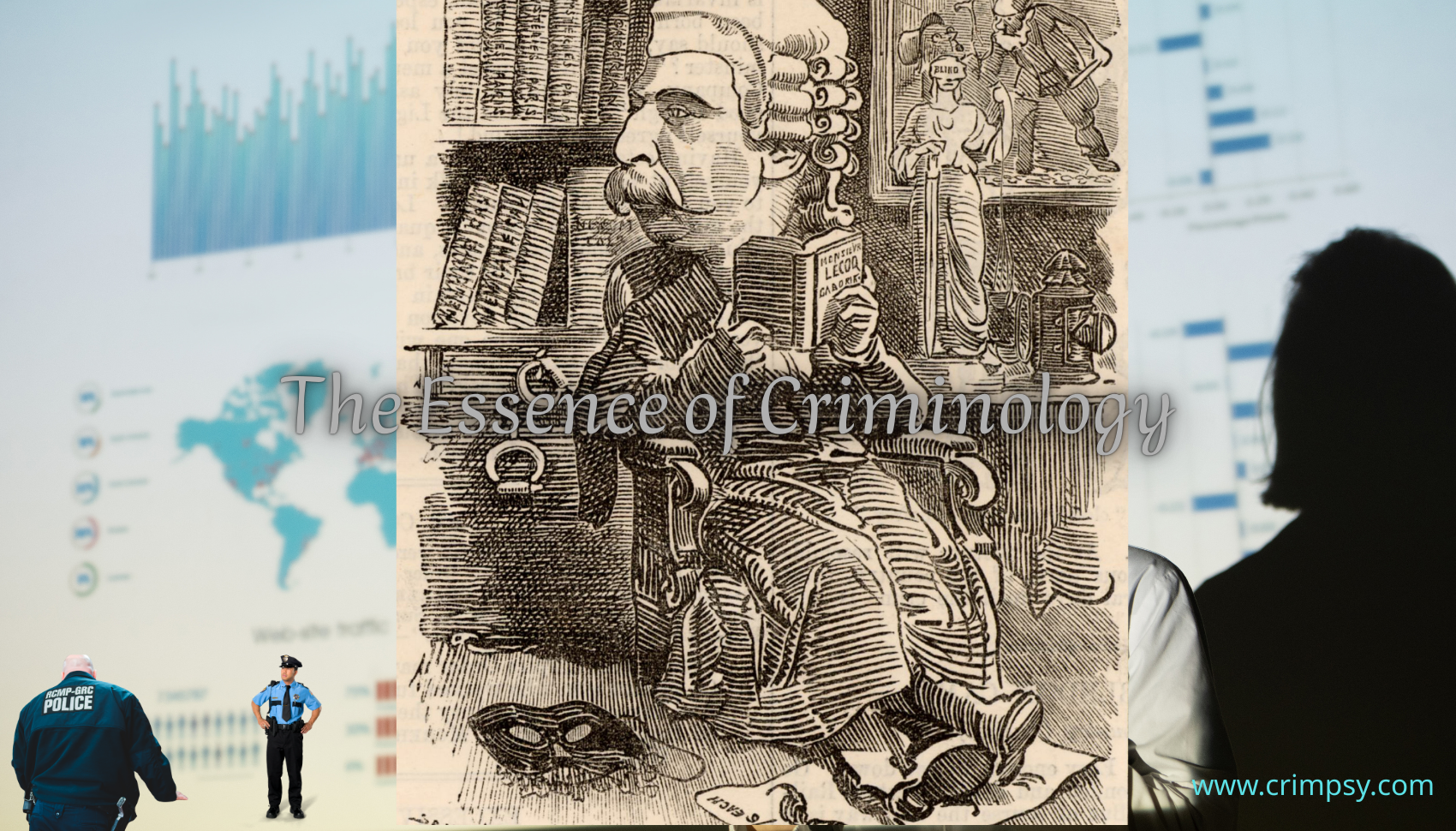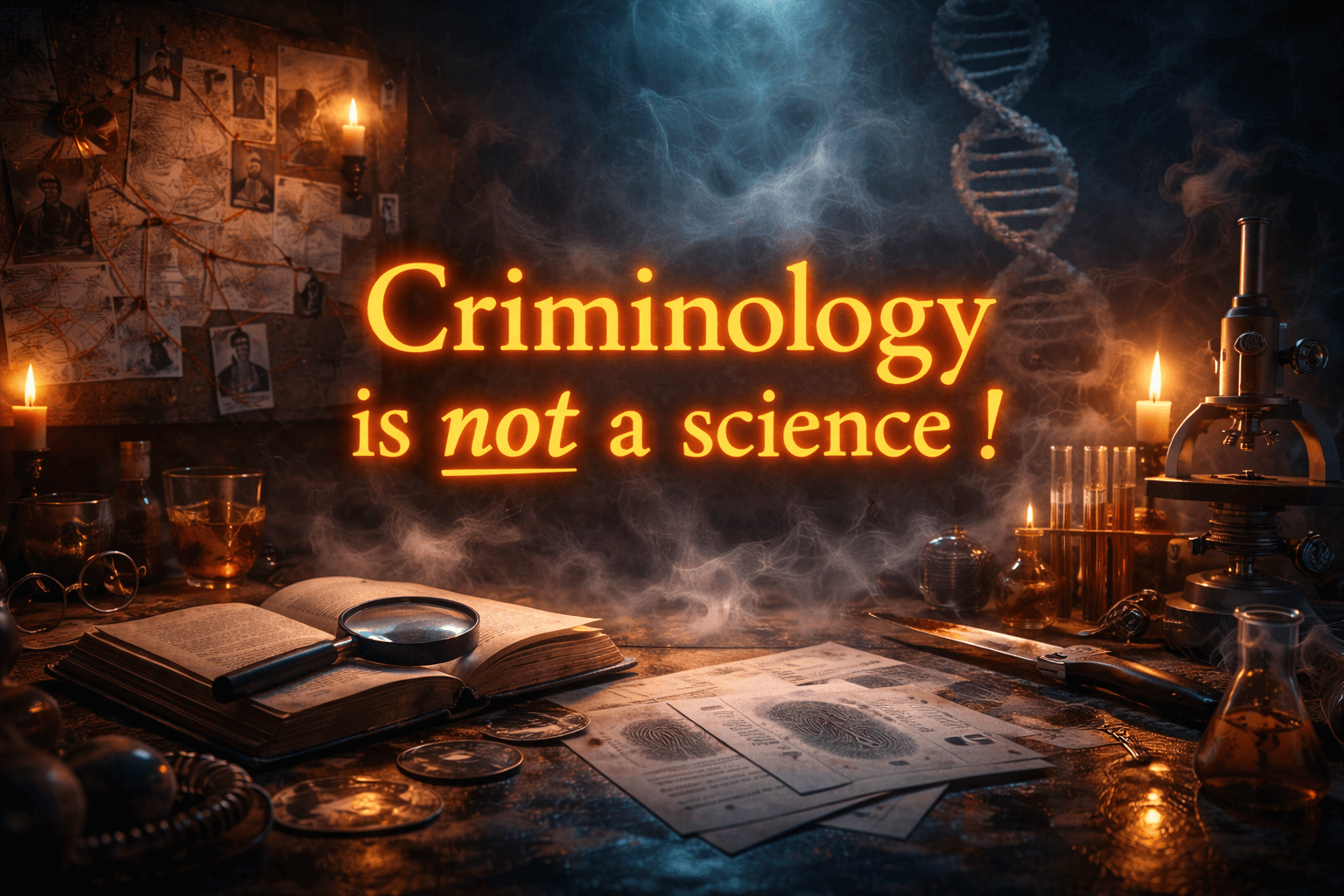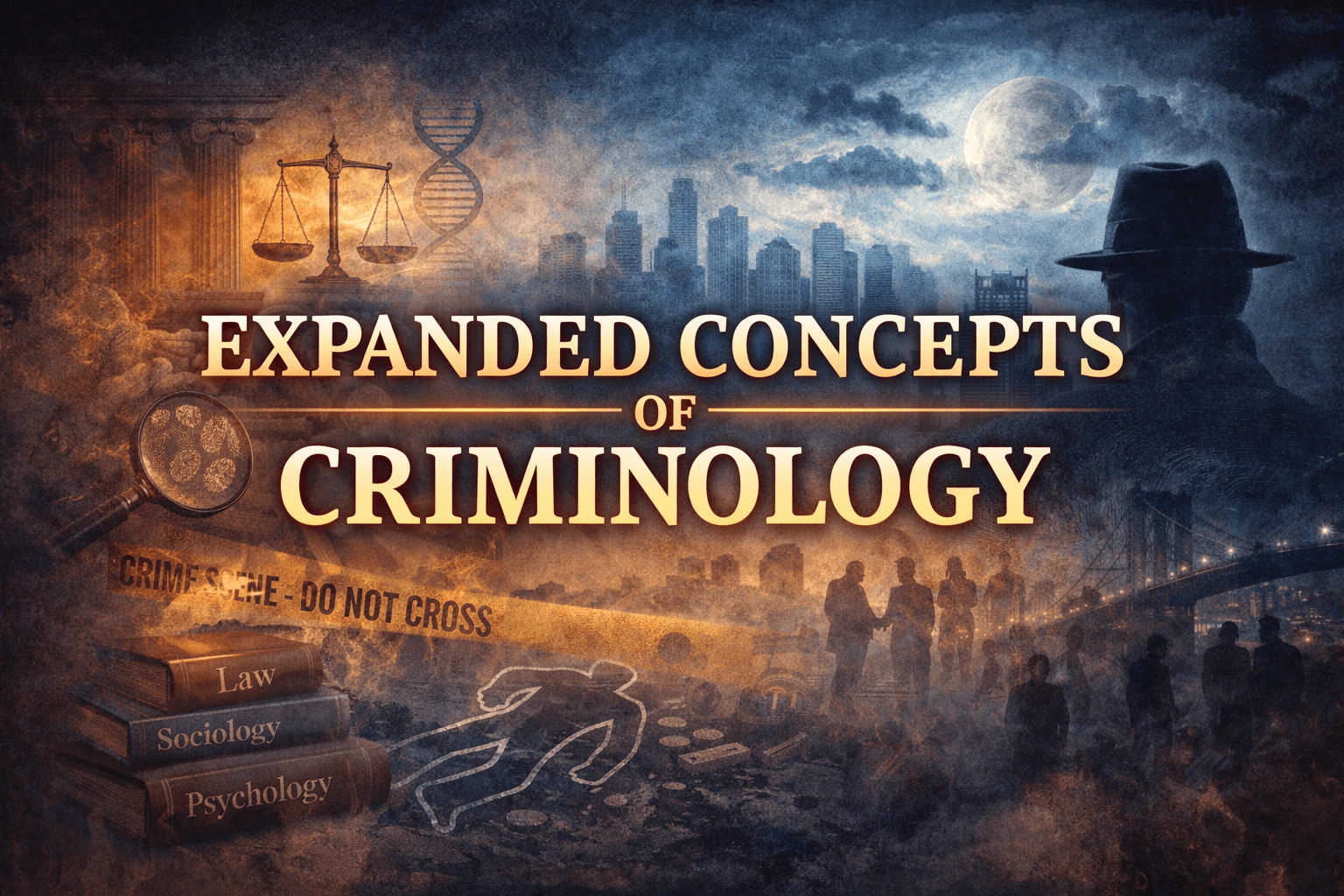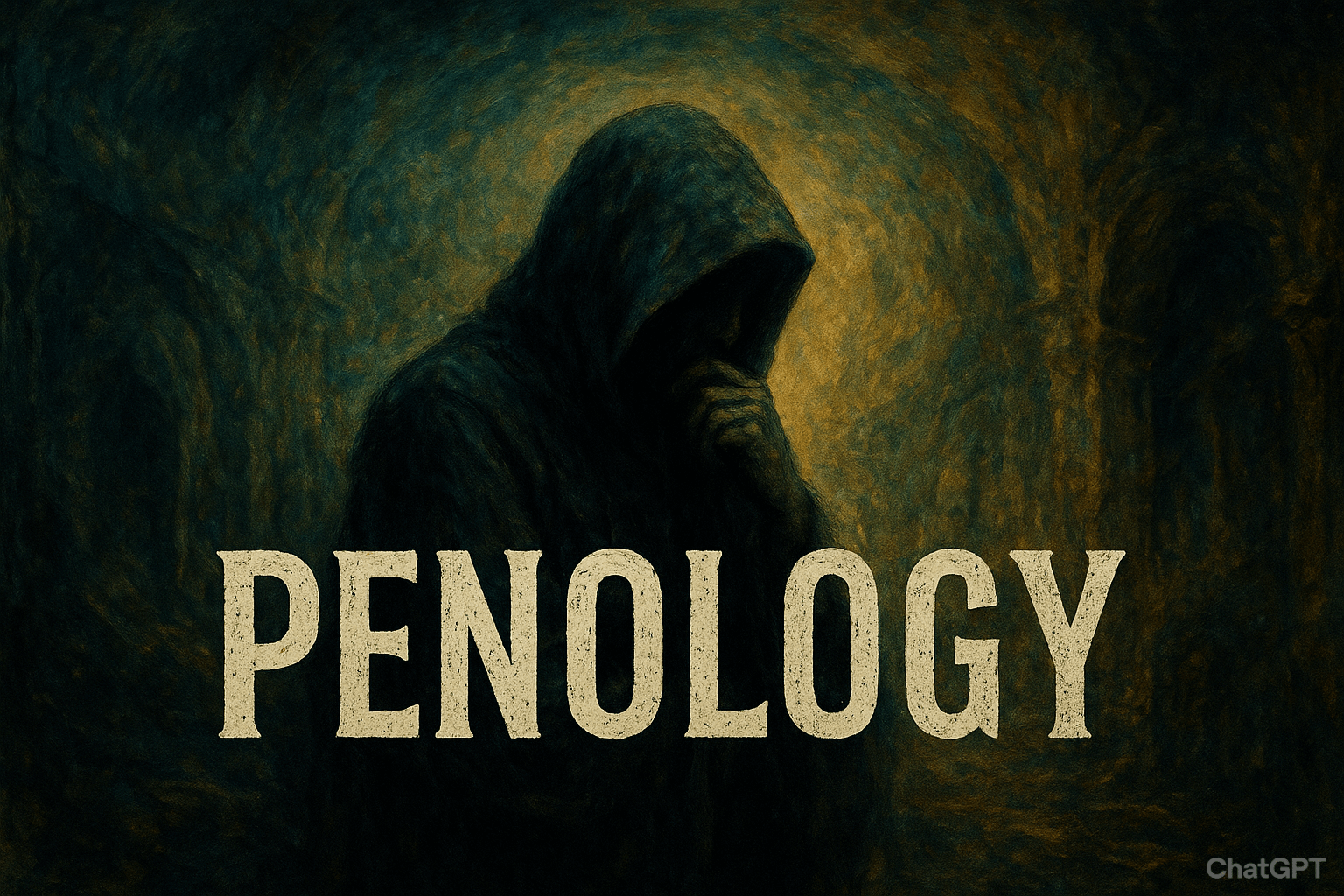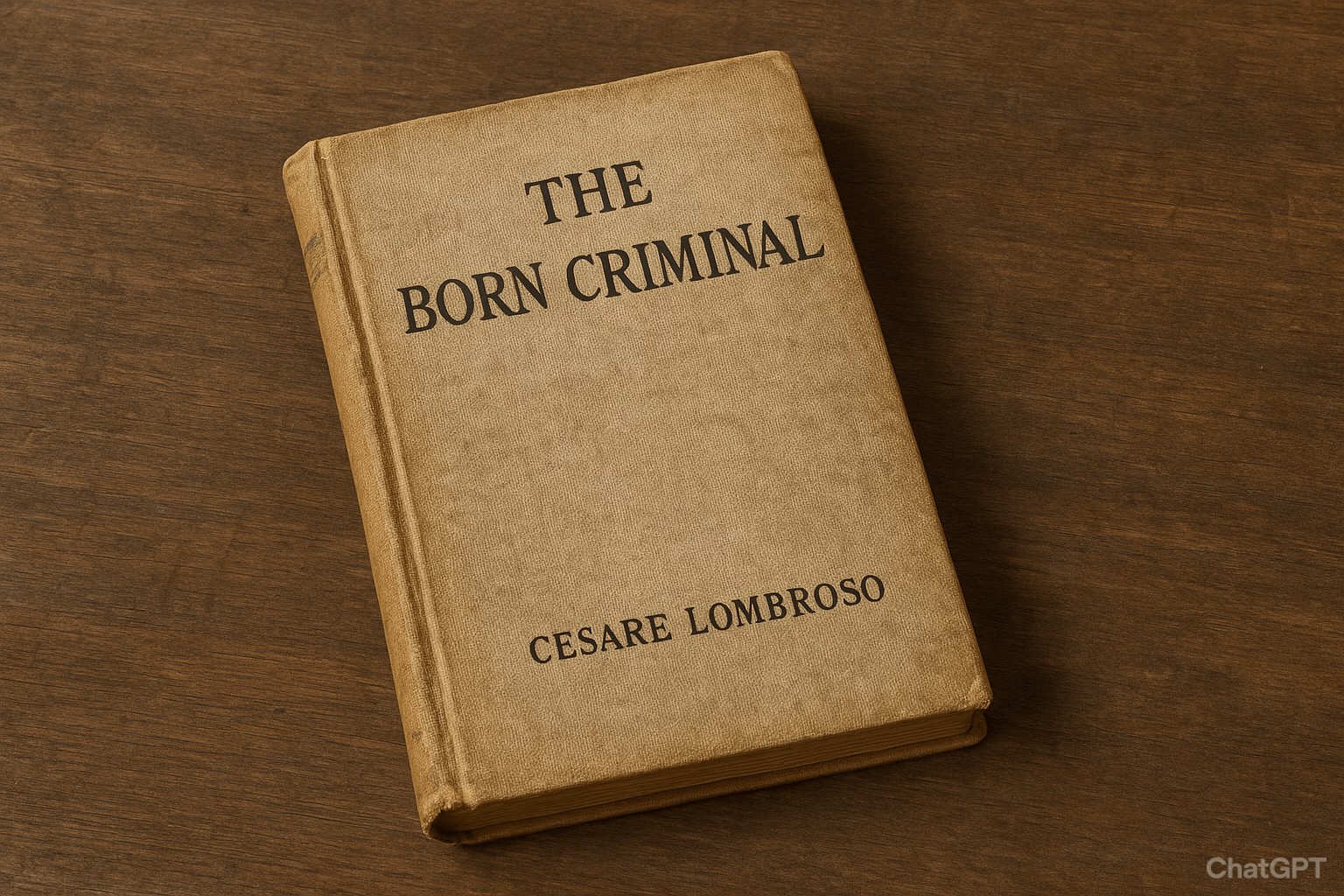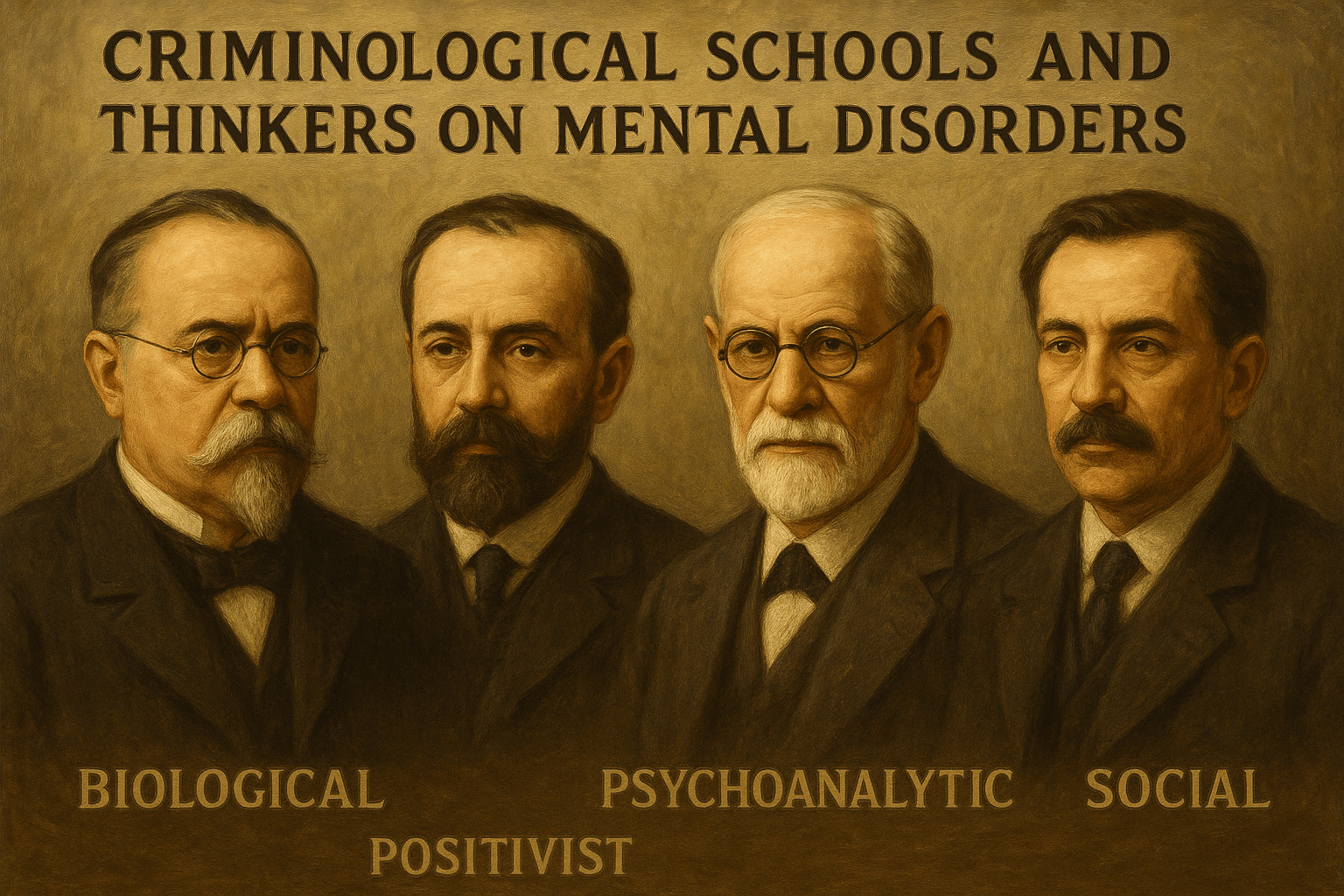The Essence of Criminology: Definitions, Scientific Foundations, and Key Objectives
Crime has always represented one of the most complex and troubling phenomena facing human societies. From ancient civilizations to modern nation-states, communities have continuously sought to understand why individuals engage in behavior that violates social norms, disrupts public order, and threatens collective security. As societies evolved and crime took on increasingly diverse forms—ranging from traditional … Read more

